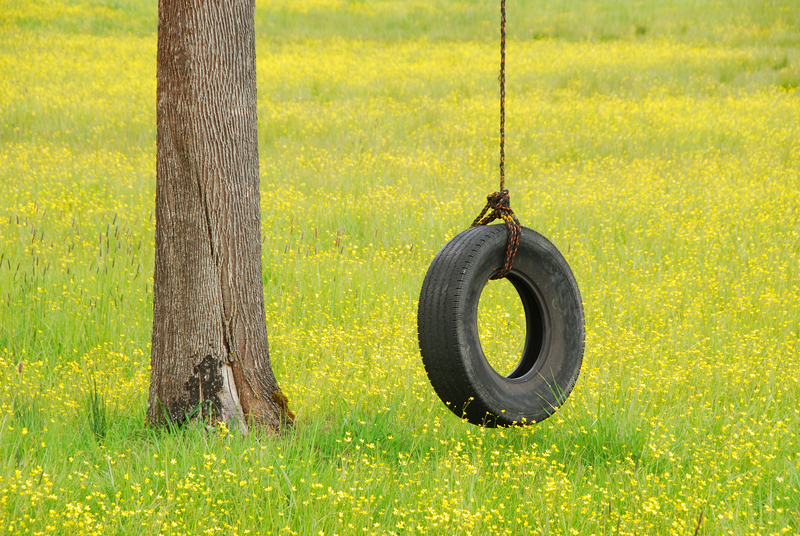Tackling a Full Bin: What to Do When It Hasn't Been Emptied
Posted on 14/08/2024
We've all been there - the trash bin is overflowing, and you know it's time for it to be emptied. But what happens when your busy schedule or forgetfulness leads to a full bin that hasn't been emptied? It can be a frustrating and inconvenient situation, but fear not, there are solutions to tackle this problem.
The Cause of a Full Bin
Before we discuss the tactics for tackling a full bin, let's first understand the reasons why it might happen. There are several factors that can lead to a full bin such as:
1. Lack of Timely Collection: If your waste management company has a specific pick-up schedule and you miss it, your bin will automatically become full before the next scheduled collection.
2. Large Household: A larger household naturally produces more waste, resulting in bins filling up quickly.
3. Negligence: Sometimes, we simply forget to take out the trash or get too busy with our daily routines to pay attention to overflowing bins.
Now that we've identified some common causes, let's dive into practical solutions for tackling a full bin.

Tactics for Tackling a Full Bin
1. Compress the Waste: One effective way to deal with an overflowing bin is to compress the waste. You can do this by pushing down on the trash using a broom or any other long object. This technique allows you to fit more garbage into the bin without having to physically remove and dispose of it elsewhere.
2. Segregate Recyclables: Another helpful tip is to segregate recyclable items from regular waste. Items such as plastic bottles, aluminum cans, and cardboard can take up a lot of space in the bin if not separated. By recycling these materials separately, you can free up space in your bin for non-recyclables.
3. Request Extra Pick-Ups: In situations where the bin has become too full, you can contact your waste management company to request an extra pick-up. Though there may be an additional fee, it can be a quick and efficient solution.
4. Utilize Overflow Bins: Some households may have an overflow bin provided by their waste management company for excess trash. If you have one, make use of it to prevent the main bin from becoming overfilled.
5. Invest in a Bigger Bin: If you consistently face the problem of overflowing bins, consider investing in a bigger bin to accommodate more waste. This may cost more initially, but it could save you time and hassle in the long run.
The Pros and Cons
As with any situation, there are both pros and cons to tackling a full bin. Let's take a look at the advantages and disadvantages of some of the tactics mentioned above.
Pros:
- Compressing waste saves time and effort as you don't have to physically remove trash.
- Segregating recyclables promotes environmental sustainability.
- Requesting extra pick-ups is a quick fix for emergency situations.
- Utilizing overflow bins prevents piles of garbage from accumulating on your property.
- Investing in a bigger bin can eliminate the need for frequently emptying your bin.
Cons:
- Compressing waste takes physical effort.
- Segregating recyclables requires extra steps.
- Extra pick-ups may come at an additional cost.
- Overflow bins may not be available or accessible to all households.
- A bigger bin requires more storage space and possibly higher fees for collection.

Takeaways
In conclusion, dealing with a full bin that hasn't been emptied can be frustrating but manageable. By understanding why it happens and implementing practical solutions such as compressing waste, segregating recyclables, requesting extra pick-ups, utilizing overflow bins, or investing in a bigger bin, you can effectively tackle the problem.
Takeaways:
- Timely waste collection is crucial in preventing a full bin.
- Segregating recyclables and requesting extra pick-ups are options for quick fixes.
- Investing in a bigger bin may be a long-term solution for households with consistently overflowing bins.
Conclusion
Don't let a full bin take over your household. By utilizing these tactics, you can efficiently tackle the issue without disrupting your daily routine. Remember to also be mindful of your waste production habits and schedule regular bin emptying to prevent future inconveniences. With a little effort and planning, managing a full bin will no longer be a daunting task.



